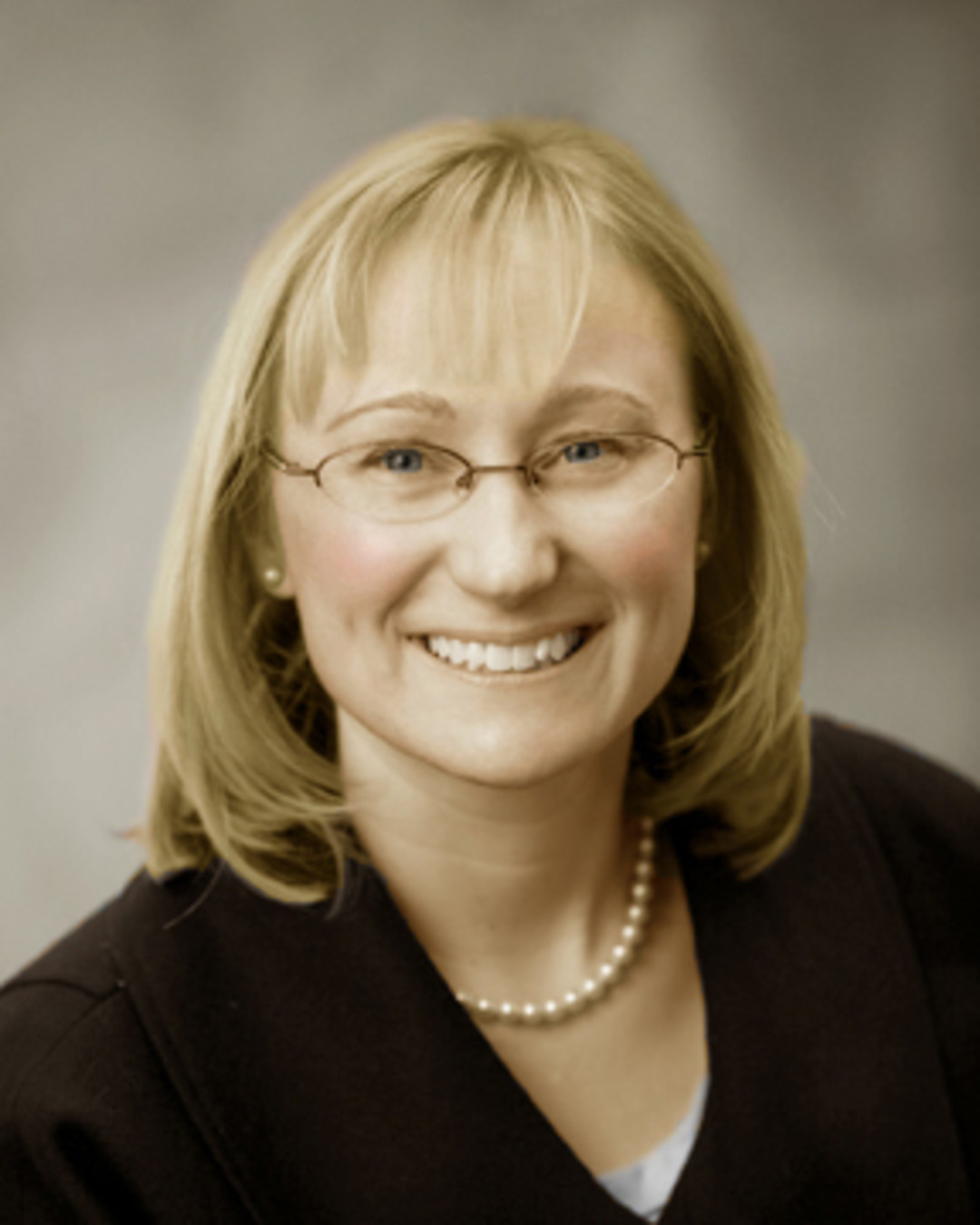A Cola Q&A With New WSDOT Head Lynn Peterson

Earlier this month, Gov. Jay Inslee appointed Lynn Peterson—who previously served as Oregon Governor John Kitzhauber's chief sustainability and transportation advisor—as the head of the state department of transportation (WSDOT), where she'll replace ex-governor Chris Gregoire's appointee, Paula Hammond.
Peterson, who environmentalists hope will be a change agent at the historically highway-focused agency, immediately landed in a controversy when she appointed Ron Paananen, the former viaduct replacement program manager, to review how WSDOT makes decisions and manages risks on its megaprojects, including the viaduct replacement—a move that prompted critics to charge that the appointment was a clear conflict of interest.
We talked with Peterson about Paananen's appointment and the future of the agency yesterday.
PubliCola: First of all, is the appointment of Ron Paananen a conflict of interest, given that he's judging his own work?
Lynn Peterson: Well, the first thing, to really be more specific about it, is: It’s not a review of the projects themselves. It’s a review of internal processes for risk management, to make sure that the risks of going down different paths are thoroughly discussed and thoroughly understood and thoroughly documented, so that we know what the risks are and we can, if necessary, go back and say why that decision was made two or three years later.
When Ron came on board, he agreed that there could be the perception that there was that kind of issue. [To deal with that], we’re bringing someone on [as an additional consultant] who has never never been a WSDOT consultant before.
PubliCola: Who is that?
Peterson: I can’t tell you who. We'll make an announcement next week. The pool of people who have expertise on megaprojects—and the pool of people who haven't touched a WSDOT project—is obviously really small.
PubliCola: Environmentalists are obviously pretty hopeful that you're going to redirect WSDOT resources away from highway projects. What are your priorities?
Peterson: The communities of the state have made some pretty big decisions in the past about how to solve some of those really difficult congestion issues, and we’re going to deliver those projects on time. I’m a roads girl, but I love the ability of using the right-of-way, which is a public asset, to make sure that we accommodate every potential mode that we can to get the maximum use out of that roadway.
PubliCola: Your boss, Gov. Inslee, has made it pretty clear that he wants the legislature to provide new revenue sources for transportation, including new local funding options for transit. What are you doing to make that happen?
"We're not going to solve our congestion problem with just one mode."
Peterson: We’re actively working at the legislsutre to make sure that they understand the need and make sure that's their priority. I think the governor’s been pretty clear about the fact that a package should be able to fund all modes—that we're not going to solve our congestion problem with just one mode.
PubliCola: Have you considered how to deal with the diversion problem on the Alaskan Way tunnel [state studies have shown that tolls on the tunnel will either bring in too little money to pay for it—up to $165 million, compared to the original projection of $400 million—or will create unacceptable levels of traffic diversion]?
Peterson: I think there are a lot of good minds working on that and trying to come to some sort of agreement, but I have not had time to delve into the modeling around the diversion issues.
PubliCola: And should we be tolling I-90 to help pay for the new 520 bridge?
Peterson: That’s another conversation that seems to be in motion right now.
PubliCola: There aren't a lot of women in transportation nationally, but in the Northwest, there seem to be quite a few [including Hammond, former Oregon DOT and Seattle DOT director Grace Crunican, and Sound Transit director Joni Earl]. What do you think is going on here that makes it more welcoming for women in a traditionally male-dominated field?
Peterson: Obviously, a lot of smart women are living in the Pacific Northwest. Having worked in Oregon for 20 years, I would say it was a very open environment to work in, compared to the Midwest, where I started my career.
PubliCola: How do you think you differ from your predecessor, Paula Hammond?
Peterson: I don’t think I can compare myself to someone that I barely knew. I would just say that no matter what you’re doing you’re trying to move people and goods.
PubliCola: You're much more reticent than [Hammond's predecessor, the famously loquacious], Doug MacDonald!
Peterson: I'm new at the job.




